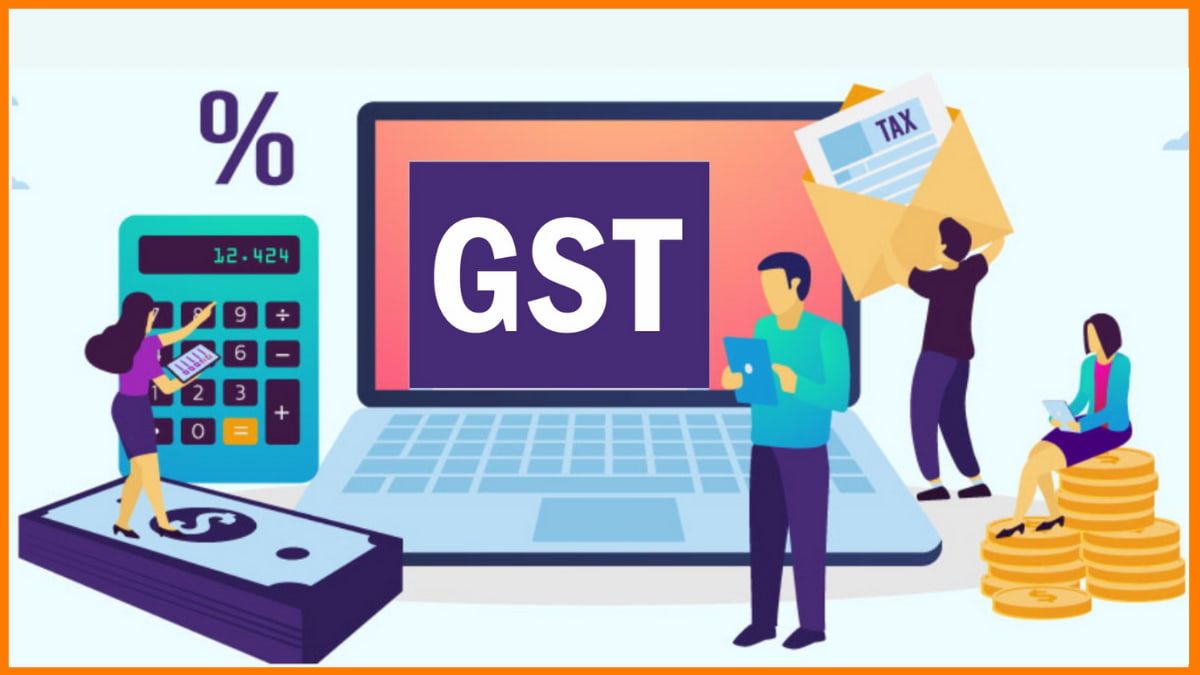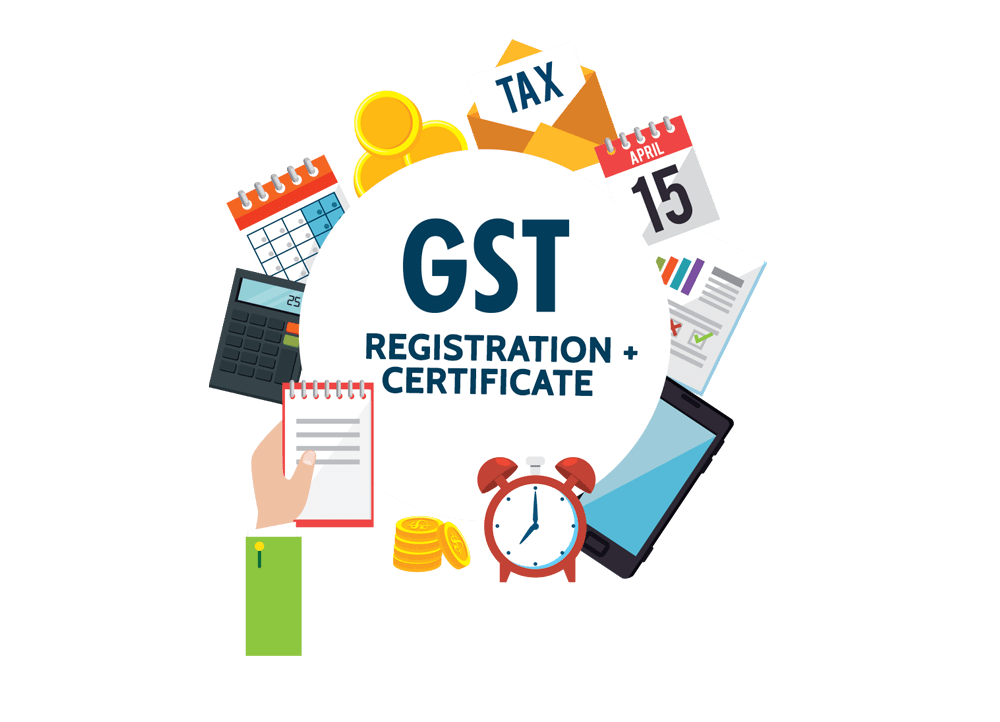From Beginning To End: The Ultimate Roadmap to GST Registration for Companies Seeking Financial Stability
Browsing the intricacies of Item and Provider Tax (GST) registration is an important action for companies making every effort for monetary stability. Breaking down the roadmap right into workable steps can enhance the registration journey for companies looking to enhance their financial standing.
Understanding GST Basics
Delving into the essential concepts of Item and Provider Tax Obligation (GST) is important for obtaining a comprehensive understanding of its ramifications on organizations and the economy. Input Tax Obligation Credit (ITC) is a substantial attribute of GST, allowing businesses to assert credit history for tax obligations paid on inputs, reducing the overall tax concern. Comprehending the essentials of GST is critical for businesses to comply with tax policies, manage their financial resources effectively, and add to the nation's financial development by getting involved in a clear tax obligation system.
Qualification Requirements for Registration
To register for GST, companies should satisfy particular eligibility criteria established by the federal government. The key qualification requirement is that any business associated with the supply of goods or solutions with a yearly aggregate turnover over the threshold restriction set by the authorities should register for GST. Since the existing guidelines, the threshold limitation for GST registration is an annual accumulation turn over of 40 lakhs for organizations running within a state, other than for special category states where the limit is 20 lakhs. Additionally, particular organizations are called for to sign up for GST irrespective of their turn over, such as interstate distributors, laid-back taxed individuals, and companies reliant pay tax obligation under the reverse charge mechanism. It is critical for services to completely assess their turn over and transaction types to establish their GST enrollment obligations properly. Failing to sign up for GST when eligible can lead to penalties and lawful consequences, making it essential for organizations to stick to the specified qualification standards.
Records Required for Registration
Having met the eligibility requirements for GST enrollment, organizations must now ensure they have the requisite files in position to wage the enrollment procedure successfully. The documents required for GST registration normally consist of evidence of service constitution, such as collaboration act, enrollment certification, or incorporation certification for various kinds of organizations. In addition, companies need to provide documents establishing the principal place of business, such as a rental agreement or electricity bill. PAN card of business, along with the identity and address proof of promoters/partners/directors, are essential for confirmation functions. Financial institution account declarations, in addition to terminated cheques or a copy of the financial institution passbook, are required to validate the financial information given throughout registration. Organizations need to have digital trademarks all set for the licensed signatory. Ensuring all these papers are organized and conveniently available will certainly speed up the GST registration procedure, allowing businesses to abide with tax obligation policies seamlessly.
Step-by-Step Registration Refine
Following, all called for files according to the list given by the GST portal demand to be uploaded. These documents normally consist of evidence of business address, identification and his response registration proofs of promoters, monetary declarations, and company entity's frying pan card.

Post-Registration Conformity Standards

Conclusion
To conclude, organizations looking for financial security should understand the fundamentals of GST, satisfy eligibility requirements, gather necessary files, adhere to the step-by-step registration procedure, and follow post-registration guidelines - Best GST registration services in Singapore. By adhering to these steps, businesses can guarantee conformity with tax policies and keep economic security in the long run
In addition, particular services are required to sign up for GST irrespective of their turnover, such as interstate vendors, laid-back taxed persons, and organizations liable to pay tax obligation under the reverse cost system.Having fulfilled the eligibility standards for GST enrollment, services must currently guarantee they have the requisite files in area to proceed with the registration procedure efficiently. The documents required for GST enrollment usually include evidence of company constitution, such as partnership content act, registration certification, or unification additional info certificate for different types of businesses. Furthermore, organizations need to give files developing the major place of organization, such as a rental agreement or power expense.Starting the GST registration process entails a series of structured steps to ensure a certified and seamless registration for organizations.
Comments on “How to Locate the Best GST Registration Services in Singapore Rapidly”